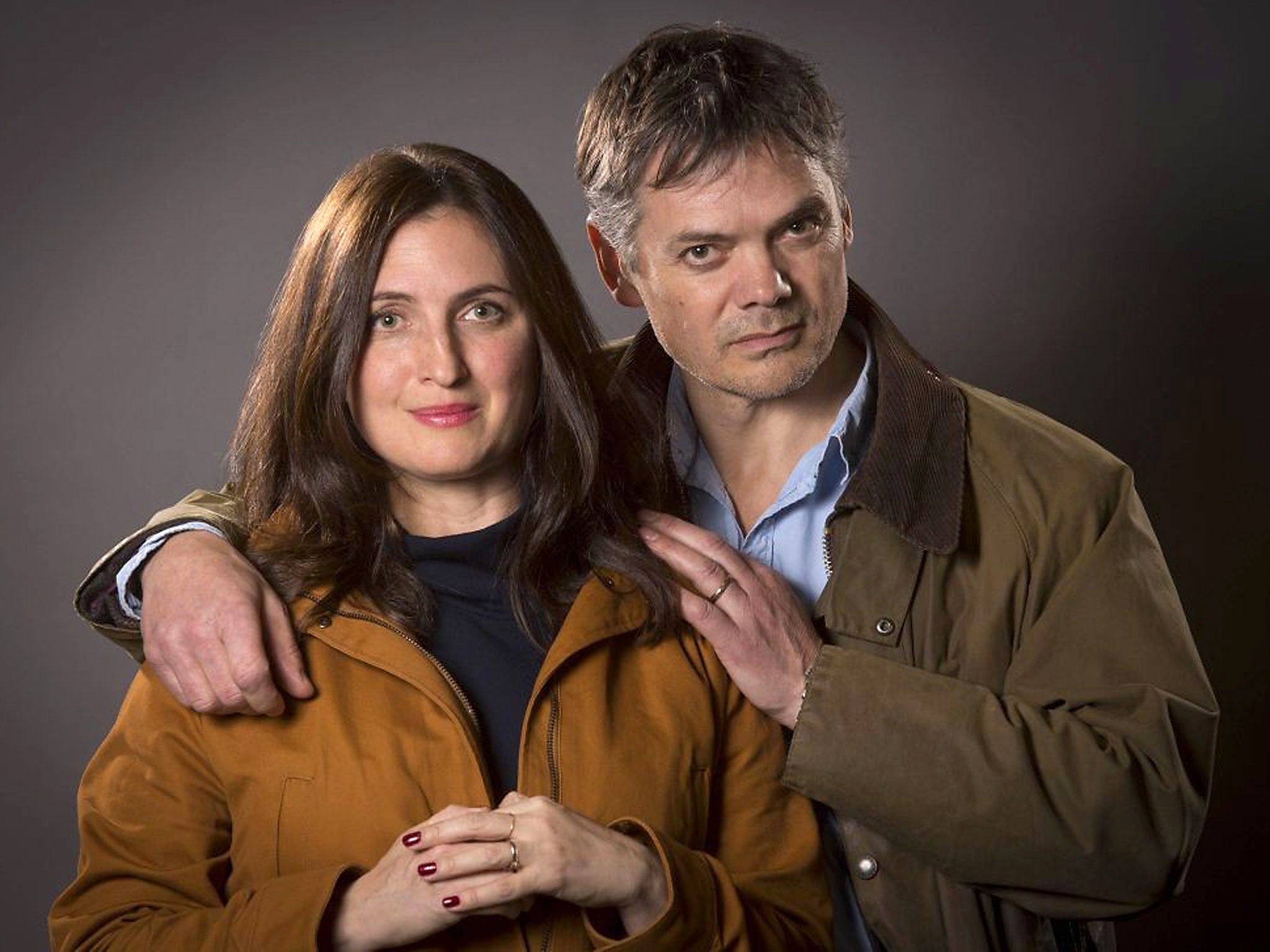Domestic abuse: Thousands seek advice from BBC helpline after gripping Archers storyline
The domestic violence storyline involved characters, Helen and Rob Titchener

Your support helps us to tell the story
From reproductive rights to climate change to Big Tech, The Independent is on the ground when the story is developing. Whether it's investigating the financials of Elon Musk's pro-Trump PAC or producing our latest documentary, 'The A Word', which shines a light on the American women fighting for reproductive rights, we know how important it is to parse out the facts from the messaging.
At such a critical moment in US history, we need reporters on the ground. Your donation allows us to keep sending journalists to speak to both sides of the story.
The Independent is trusted by Americans across the entire political spectrum. And unlike many other quality news outlets, we choose not to lock Americans out of our reporting and analysis with paywalls. We believe quality journalism should be available to everyone, paid for by those who can afford it.
Your support makes all the difference.Thousands of people contacted a BBC helpline after the broadcast of a gripping story line in The Archers and the BBC1 documentary Behind Closed Doors.
Action Line, which offers information, comfort and support to people through a range of charities, was used more than 280,000 times during the course of the year by people seeking help for a range of issues such as depression and domestic abuse.
Almost 26,000 listeners sought help about domestic violence on the online support web page as the gruelling storyline involving characters Helen and Rob Titchener in The Archers played out.
The plot developed to include not only domestic abuse, but sexual abuse, emotional distress and self-harm, which encouraged 24,400 people to visit the online support web page for domestic abuse and hundreds to call the service by phone.
Louiza Patikas, who plays Helen in the radio drama, said: “As part of my research into this storyline, I met victims of domestic violence and coercive control, and soon learned that abuse can happen to anyone.
“The BBC Action Line is so important, both for victims of abuse and for the people who support them, so they have somewhere to go for advice and help.”
Shows about autism, cancer, dementia and mental health also encouraged people to seek help, and the dementia season of shows prompted 697 calls to the BBC Action Line and 8,784 visits to the dedicated website.
Almost 4,000 people called about emotional distress in 2016 after the issue was covered on programmes such as Panorama, EastEnders and BBC Radio 4′s PM, and more than 1,400 people called about sexual abuse.
Keith Jones, from BBC audience services, said: “2016 has been a very busy year for BBC Action Line, providing an important public service by supporting our viewers and listeners affected by the huge range of social issues that are highlighted in our programmes.
“The BBC is committed to covering challenging topics and bringing them to the attention of our audiences, but it’s also vital that we provide the off-air information to help them, in partnership with the many organisations around the UK that can provide support and are willing to do so.
“The BBC’s helplines have been providing this service for more than 20 years and continue to help the many thousands of people affected by these issues.”